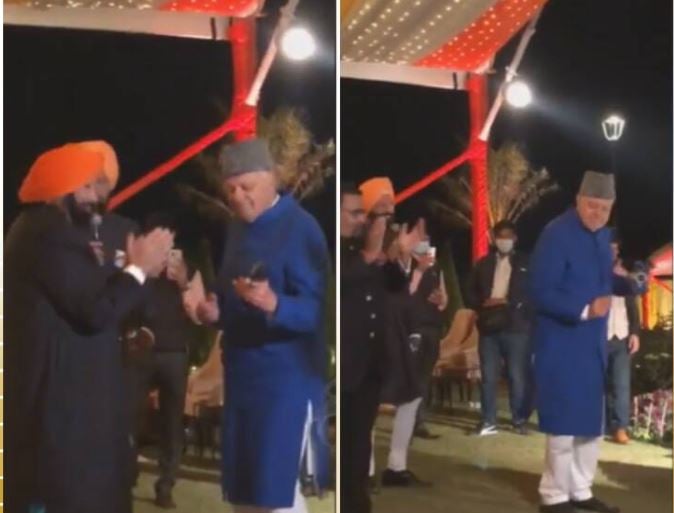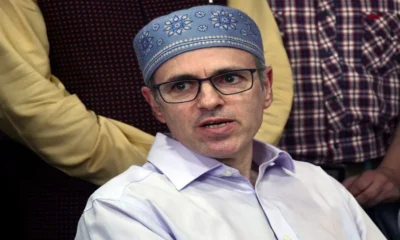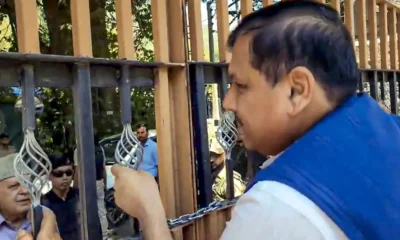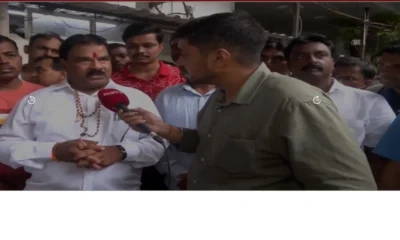India News
Farooq Abdullah shakes a leg with Amarinder Singh to vintage song, video goes viral
Former Jammu and Kashmir Chief Minister Farooq Abdullah attended the wedding of Punjab Chief Minister Captain Amarinder Singh’s granddaughter.

India News
Tamil Nadu potboiler: Now, Sasikala to launch new party ahead of election
Sasikala has announced the launch of a new political party ahead of the Tamil Nadu Assembly elections, positioning herself against AIADMK chief Edappadi K Palaniswami.
India News
As stealth reshapes air combat, India weighs induction of Sukhoi Su-57 jets
India is assessing the possible induction of up to 40 Sukhoi Su-57 fifth-generation fighter jets as stealth becomes central to future air combat strategy.
India News
RSS chief backs nationwide rollout of Uniform Civil Code, cites Uttarakhand model
RSS chief Mohan Bhagwat has supported nationwide implementation of the Uniform Civil Code, urging adoption of the Uttarakhand model.
-

 India News15 hours ago
India News15 hours agoDMK leader’s son arrested after car rams family in Krishnagiri, one dead
-

 India News14 hours ago
India News14 hours agoRSS chief backs nationwide rollout of Uniform Civil Code, cites Uttarakhand model
-

 India News5 hours ago
India News5 hours agoAs stealth reshapes air combat, India weighs induction of Sukhoi Su-57 jets
-

 Cricket news4 hours ago
Cricket news4 hours agoRinku Singh returns home from T20 World Cup camp due to family emergency
-

 India News4 hours ago
India News4 hours agoTamil Nadu potboiler: Now, Sasikala to launch new party ahead of election















